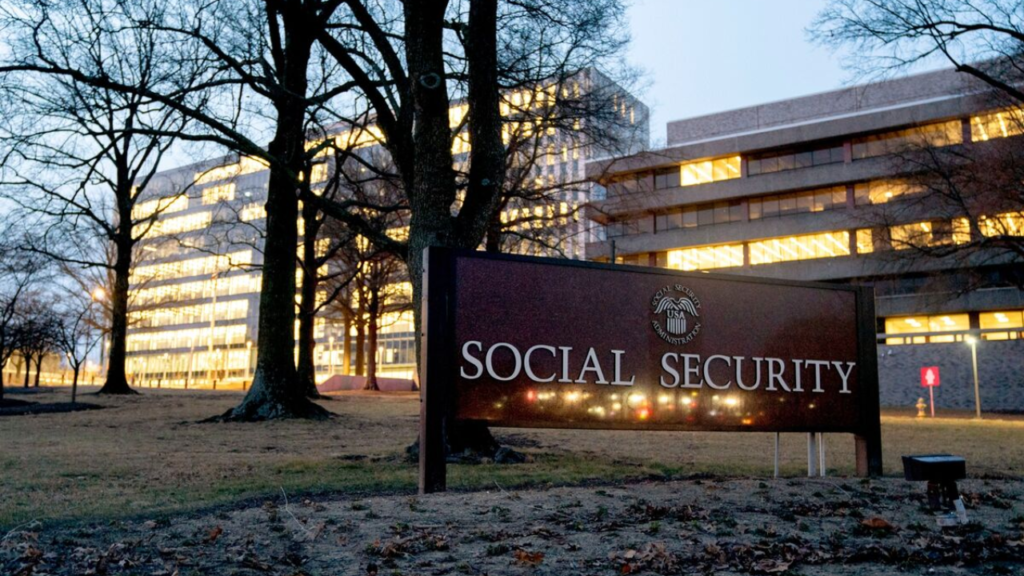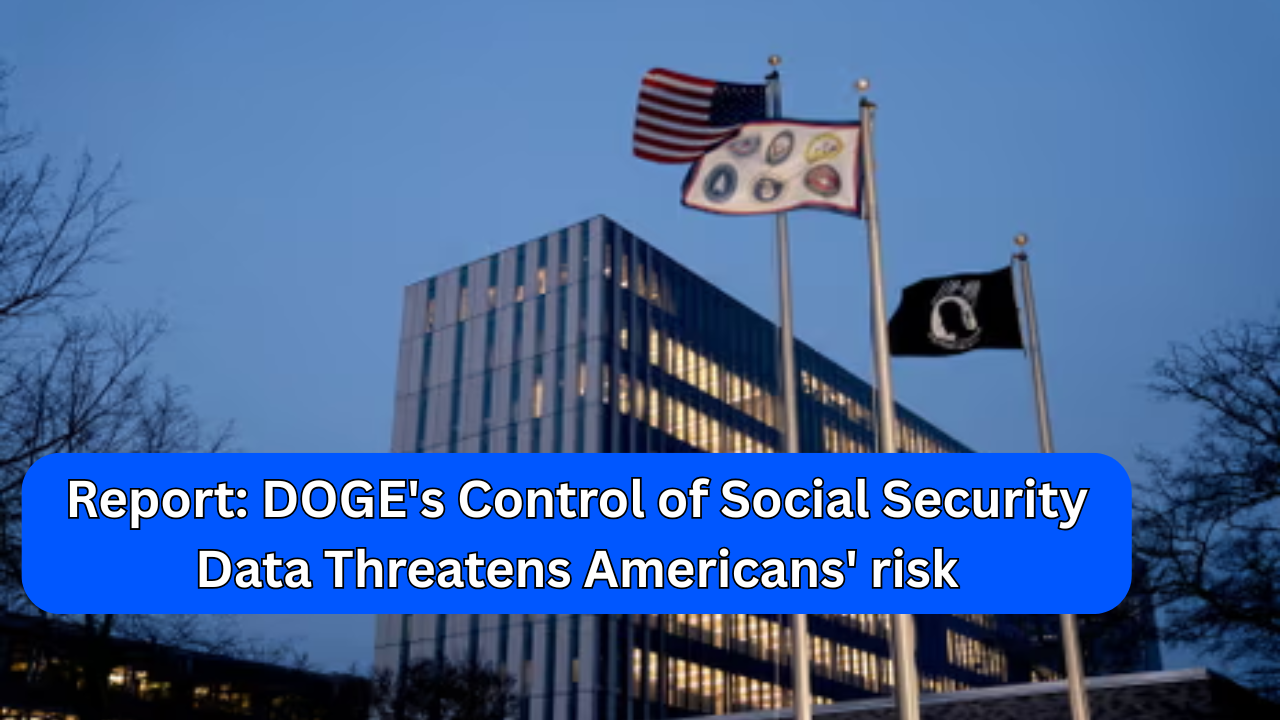A growing controversy has emerged over the Department of Government Efficiency (DOGE), led by Elon Musk, gaining control over sensitive Social Security data, with critics raising serious concerns about privacy, security, and the potential misuse of this personal information. The repercussions of such control could have far-reaching consequences, affecting the security of millions of Americans’ private details and the stability of essential social services.
Centralization of Sensitive Data
At the heart of the issue is DOGE’s plan to centralize data across multiple federal agencies, including the Social Security Administration (SSA), Internal Revenue Service (IRS), and the Department of Health and Human Services (HHS). By consolidating personal information from these entities, DOGE aims to streamline government operations. However, this centralization has sparked fear that sensitive data could be misused or exposed in the event of a breach.
The administration’s approach has led to debates regarding the safety of personal data. Some argue that, while the system may be designed for efficiency, it opens up vast new risks, particularly when this data could be used in ways not intended by the public or lawmakers.
For a deeper understanding of how this data consolidation works, see the Social Security Administration’s website for further information.
Legal Challenges and Court Orders
The increasing concerns over the potential risks associated with DOGE’s access to Social Security data prompted a response from the judicial system. A recent ruling by a federal judge temporarily blocked DOGE from accessing the SSA’s systems, which house personally identifiable information (PII).
The judge’s ruling highlighted the risks of unauthorized access to such sensitive data, which could potentially lead to identity theft, fraud, and other forms of financial harm. This legal challenge came after advocacy groups, including the American Civil Liberties Union (ACLU), filed lawsuits to stop what they perceived as unlawful data access.
For more on the legal implications and progress of these cases, visit ACLU’s website.
Disruption of Social Security Services
Beyond the privacy and security risks, critics argue that DOGE’s involvement in the SSA has already begun to disrupt essential public services. DOGE’s restructuring of the SSA has led to a series of errors and backlogs, particularly concerning the processing of death benefits. Reports indicate that some individuals have been mistakenly declared deceased by the SSA, which halted their benefits and created confusion for families relying on this support.
The changes have also led to delays and errors in determining eligibility for Social Security benefits. The scope of these disruptions affects over 70 million Americans, with critics arguing that the rushed process and layoffs have exacerbated problems at the SSA.
For further information on Social Security services and updates, see the SSA’s official site.

Potential for Data Misuse
Perhaps the most alarming aspect of the DOGE’s involvement with Social Security data is the potential for misuse. Concerns have been raised that DOGE may leverage the data for purposes far beyond its intended use. Critics argue that DOGE could use the data to target specific groups or influence political outcomes, such as using voter data for partisan purposes.
This scenario would not only violate federal laws that govern data usage but could also result in severe damage to the public’s trust in government institutions. The situation could set a dangerous precedent for the handling of sensitive government data, leaving Americans vulnerable to manipulation or exploitation.
Ongoing Oversight and Investigations
In response to growing concerns, several oversight bodies, including Congress and advocacy groups, are calling for more stringent regulations surrounding DOGE’s access to sensitive personal data. Legislators have expressed the need for transparency, ensuring that such information is not used for purposes that could harm citizens.
Furthermore, the ACLU has been instrumental in raising awareness about the potential legal violations connected to DOGE’s actions. They are pushing for tighter scrutiny of the organization’s activities, urging lawmakers to take immediate action to safeguard Americans’ privacy. The ACLU’s website, here, offers ongoing updates on their efforts.
As investigations continue, the public is left wondering how the future of government data handling will unfold. Advocates for privacy and data protection are calling for comprehensive oversight to ensure that efficiency efforts do not come at the expense of individual rights and freedoms.
What’s Next?
As the legal challenges and public scrutiny around DOGE’s involvement with Social Security data continue to unfold, it is clear that the debate over the proper handling of sensitive government information is far from over. What remains to be seen is how the government will strike a balance between efficiency and protecting citizens’ privacy. While the desire for streamlined operations is understandable, it is imperative that the risks involved be carefully weighed against the benefits.
With multiple lawsuits in progress and ongoing investigations, the future of how personal information is handled by government agencies remains uncertain. One thing, however, is certain: the need for transparency and accountability in handling personal data has never been more urgent.
Conclusion
The situation surrounding DOGE’s control over Social Security data serves as a stark reminder of the vulnerabilities inherent in managing sensitive information. Whether for political gain, efficiency, or otherwise, the potential for misuse of personal data is a critical concern that demands careful attention. As this story continues to unfold, it is clear that further scrutiny and a rigorous legal framework will be necessary to ensure that Americans’ privacy and rights are adequately protected.

Pankaj Kumar is a skilled content writer at OTE News, focusing on breaking news, technology, and socio-political developments. With a background in Mass Communication, he brings a balanced perspective to his articles, ensuring clarity and reliability. Pankaj has a knack for simplifying complex topics for readers.
In his free time, he enjoys photography, traveling, and experimenting with new cuisines. His curiosity and dedication to truthful reporting make him a valuable contributor to OTE News.




